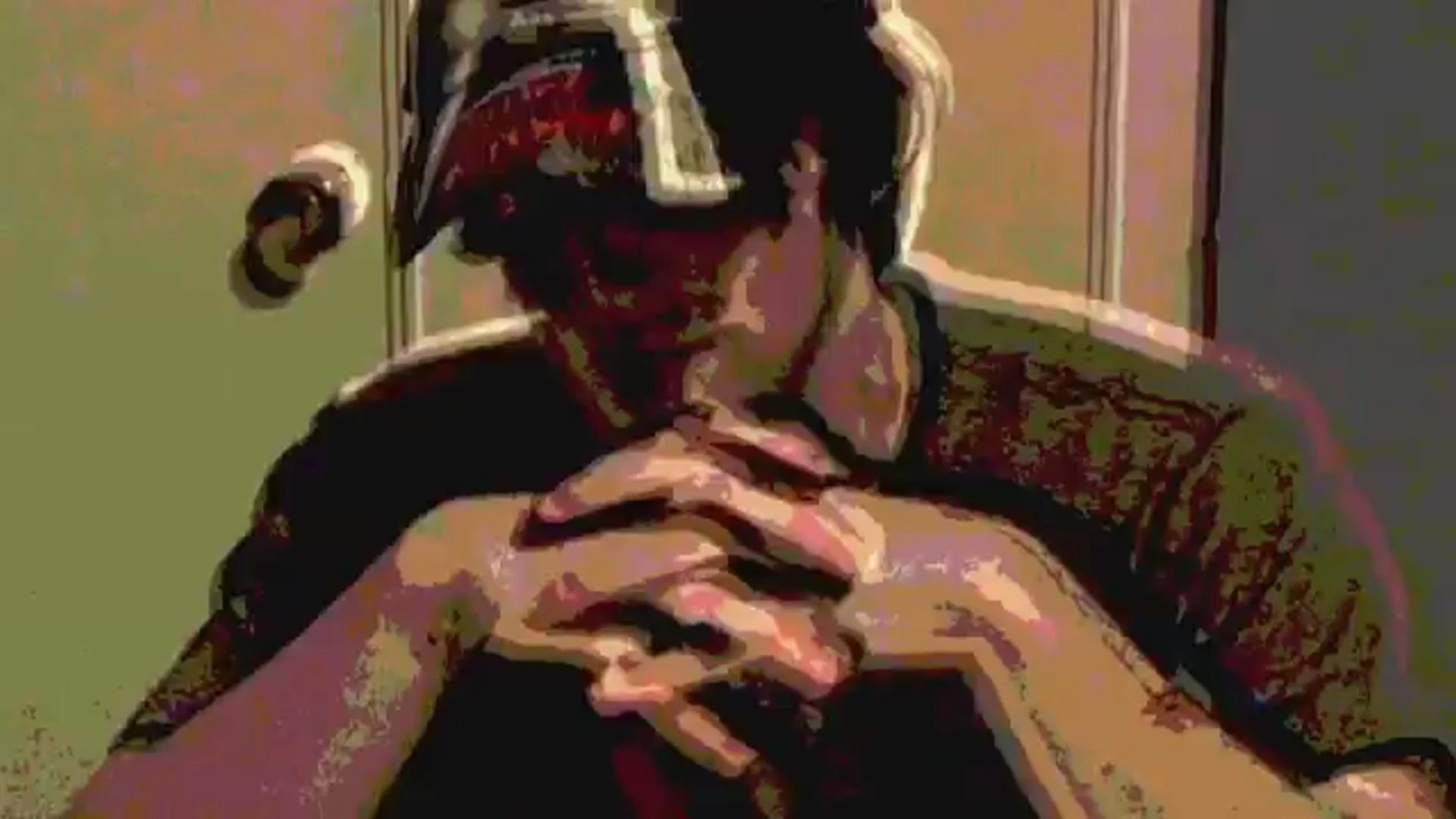So habits are a response to a signal,. There are also less commonly recognized ways that time triggers our behavior. Ucl.ac.uk/hbrc target=_self>cancer research uk health behaviour research centre based at ucl epidemiology and public health. I mean that would be hell of a hoax, also at canyouseethewords blog, there is a little something at the end of the last of rogers notes concerning a rather handsome beast.where he writes he saw slender in the flames. Nowadays, living a healthy life isn’t easy.
Scientifically reviewed by melissa madeson, ph.d. A few papers belonging to dr. Time is perhaps the most common way to trigger a new habit. Actions that are repeated over time gradually became habits, with a curious life of their own.
Ucl.ac.uk/hbrc target=_self>cancer research uk health behaviour research centre based at ucl epidemiology and public health. Think habits are hard to create or change? Scientifically reviewed by melissa madeson, ph.d.
Web in lally’s study, it took anywhere from 18 days to 254 days for people to form a new habit. Time is perhaps the most common way to trigger a new habit. First, there's a cue, or trigger, that tells your. The psychology behind habit formation is what helps us create new habits and also helps us break bad ones. Web written by james clear.
Think habits are hard to create or change? A few papers belonging to dr. This is called habit stacking.
Web Written By James Clear.
Web habit formation is the process by which behaviors become automatic. Prof webb defines a habit as “a strong association between a particular cue and a particular response, which is built up over time”. Web as of so far in the series, it has (arguably) not been revealed or implied that habit has a true corporeal form. But you should know, that the doctor clearly mentioned a “minimum of 21” in his book.
Web Susan Weinschenk Ph.d.
According to researchers at duke university, habits account for about 40 percent of our behaviors on any given day. Time is perhaps the most common way to trigger a new habit. Corenthal were discovered in box 3, dated november 17, 1971. Actions that are repeated over time gradually became habits, with a curious life of their own.
Web Most People Believe That Habits Are Formed By Completing A Task For 21 Days In A Row.
Go to the bathroom, take a shower, brush your teeth, get dressed, make a cup of coffee, etc. There are also less commonly recognized ways that time triggers our behavior. Not if you use the research. It is unknown what habit's true appearance looks like, or if the entity has a true corporeal form at all.
The Psychology Behind Habit Formation Is What Helps Us Create New Habits And Also Helps Us Break Bad Ones.
Web the psychology of habit formation. Waking up in the morning usually triggers a cascade of habits: One of the best ways to build a new habit is to identify a current habit you already do each day and then stack your new behavior on top. In his essay of habit, the french philosopher ravaisson (1838/2008) describes habits as familiar yet mysterious.
Web habit formation is the process by which behaviors become automatic. Scientifically reviewed by melissa madeson, ph.d. Evan has stated on his oog blog that habit does not have sexual urges. 1 in other words, if you want to set your expectations appropriately, the truth is that it will probably take you anywhere from two months to eight months to build a new behavior into your life — not 21 days. Think habits are hard to create or change?






